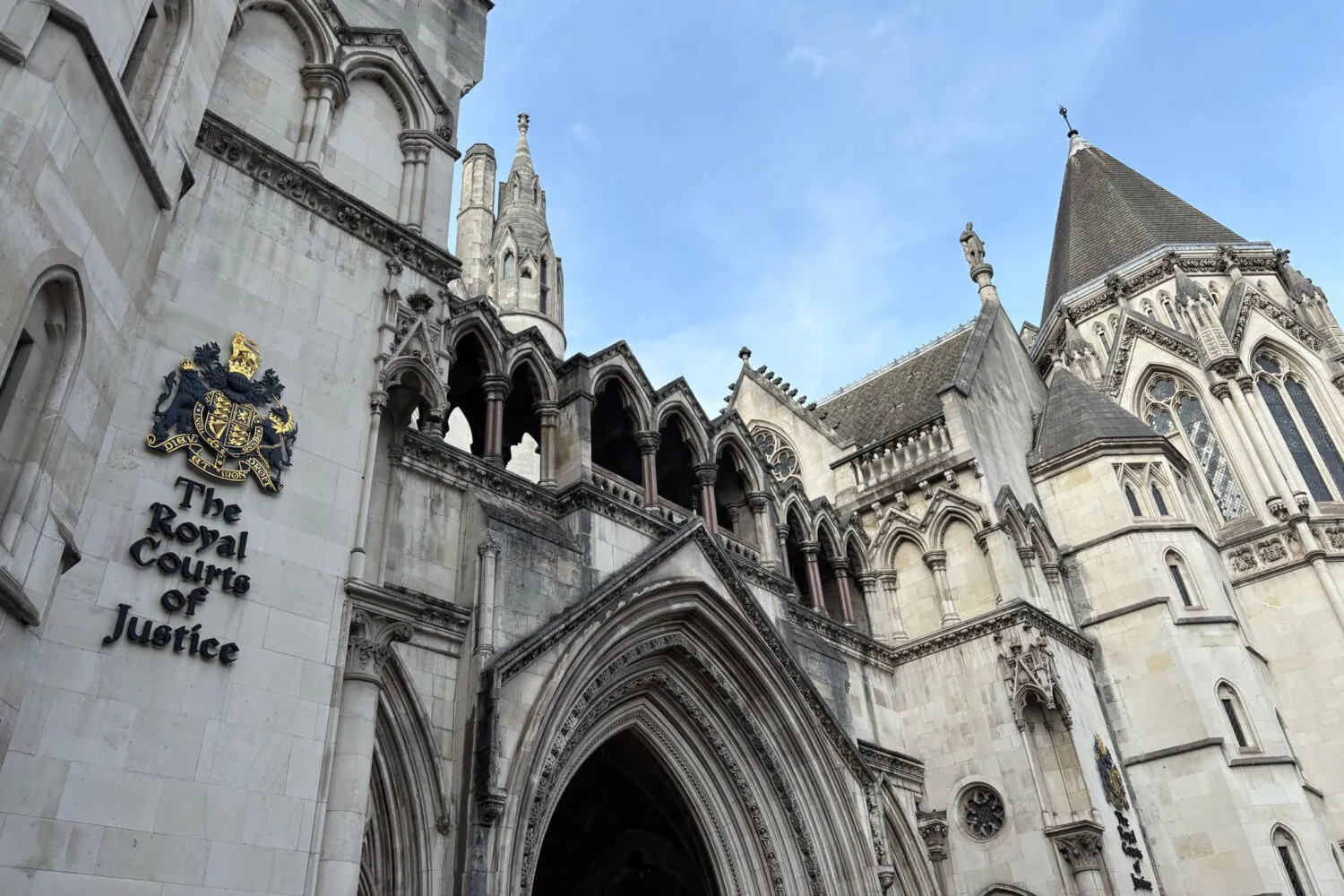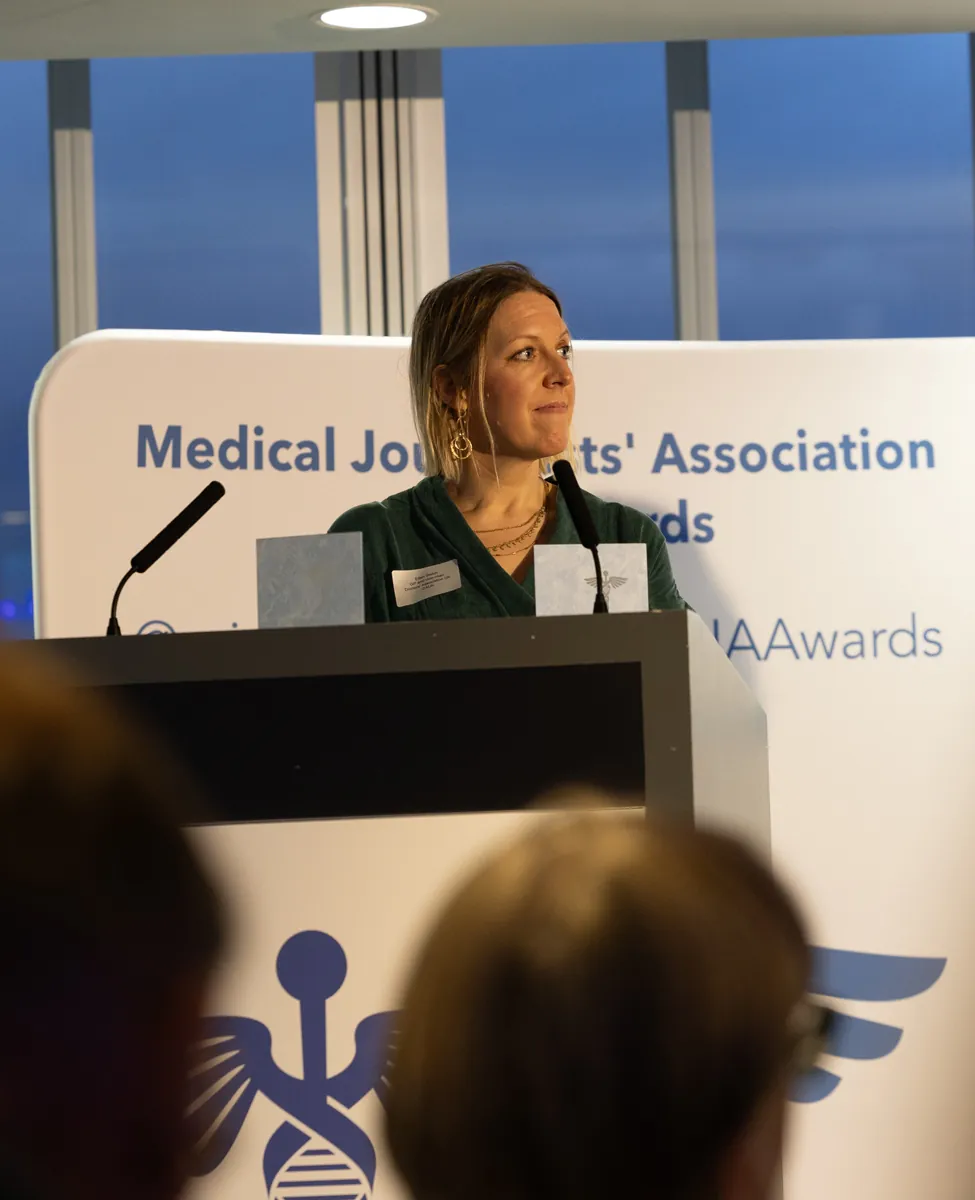The Doctors’ Association UK (DAUK) is urging members to respond to the General Medical Council (GMC) consultation on the regulation of physician associates (PAs).
DAUK is encouraging as many doctors and GPs as possible to take part in the consultation before it closes at 11.59pm on 20 May.
The consultation covers the regulation of PAs and anaesthesia associates (AAs) as well as education and training, registration, fees, and dealing with concerns.
DAUK remains opposed to regulation of PAs and AAs by the GMC over concerns about patient safety, the scope of practice, that doctors are responsible in law for PA care, and concerns that tasks and procedures that doctors in training need to practice repeatedly are being reallocated to PAs and AAs.
Ms Helen Fernandes, DAUK’s co-chair, said: “What is most alarming about this process, which is set down now in law, is that the GMC states it will not determine what tasks PAs and AAs can safely carry out once they are registered because that depends on their individual skills and competence, which develop over time.

“But it also says regulation will help assure patients, colleagues and employers that AAs and PAs are appropriately educated and qualified, can contribute safely and appropriately to the care of patients, and can be held to account if serious concerns are raised. These two statements seem contradictory at best.”
The GMC is following the instructions laid down by the Anaesthesia Associates and Physician Associates Order 2023 which says the GMC 3(1)(a) must determine standards for the purposes of registration but only 3(1)(b) may determine other standards in relation to associates.
However, it 3(2)(a) must consult such persons as the regulator considers appropriate before determining a standard.
Ms Fernandes said: “For the GMC the word ‘may’ we now know means ‘won’t’. It won’t be setting standards of performance or scope for AA and PAs beyond their point of qualification.
“From the conversations DAUK has had with the GMC, it is clear it is looking to the royal colleges and the employers to determine scope and competence for AAs and PAs.
“While we are not privy to what may be published by the colleges, we do know that none, save for maxillofacial surgery and ophthalmology have gone anywhere near this as yet.
“Job descriptions for PA and AAs look remarkably similar to that of middle grade doctors, even consultant-level responsibility.
“While PAs and AAs undoubtedly have skills and expertise to assist in the care of patients, their current deployment in historically doctors’ roles, affecting employment of doctors and their training is clear.”
Ms Fernandes added: “The GMC will expect AAs and PAs, however, to follow good medical practice, which states that medical professionals should provide a good standard of practice and care, work within their competence, and when providing that care, base it on their assessment, their clinical judgement, and the likely effectiveness of the treatment options.
“Doctors are trained to do this, PAs and AAs are not.
“We at DAUK state in the strongest terms that this needs to be relooked at. What also needs to be addressed in regulation is how the GMC will hold the doctor supervising the PA or AA responsible when patient care goes wrong. “
The GMC is asking doctors to read its consultation document Regulating Anaesthesia Associates and Physician Associates: consultation on our proposed rules, standards and guidance and take part in the consultation





